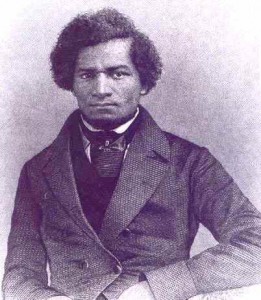In two previous posts, we have reviewed some excerpts from the work by Tim Reiterman- “Raven”. Reiterman co-authored with John Jacobs (copyright ©1982 Tim Reiterman, Introduction copyright 2008 by Tim Reiterman, ISBN 978-1-58542-678-2); the authors tell “The Untold Story of the Rev. Jim Jones and His People”. “Tim Reiterman is a prizewinning journalist who extensively covered Jonestown for the San Francisco Examiner. He was wounded in the jungle airstrip attack that killed a U.S. Congressman, plus three reporters, and a Peoples Temple defector.” (from the back cover) The link to the most recent post is here… https://religiouscultsinfo.com/?p=3281 . There are more similarities in the story of Jim Jones and Peoples Temple when comparing them to Word of Faith Fellowship (WOFF).
In following our theme of questions, we must ask a few more on the subject of this post. Why are there similarities in the practices that Jim Jones used and those of Jane Whaley and her leadership at WOFF? We will list more similarities in this post. Do the similarities speak of the same goals or just the same methods used in governing and/or controlling the members of each group? The two leaders had very few similarities in their message; but in their methods, we find likenesses- why? What was the goal of Jim Jones and was that goal the same or similar to Jane Whaley’s goal(s)? Regardless of the differences in the messages of the two leaders, what were the outcomes of the control methods used in each case? What was the key ingredient that allowed Peoples Temple members to sacrifice their own life for Jim Jones- some willingly, some not…? Is that same ingredient found in the lives of WOFF members today? Hopefully, we will find some answers to these questions. If the answers cannot be found here, we will keep searching and asking more questions. I believe the key to understanding WOFF and groups like WOFF is in learning about the practices that are used on the members and also between the members.

